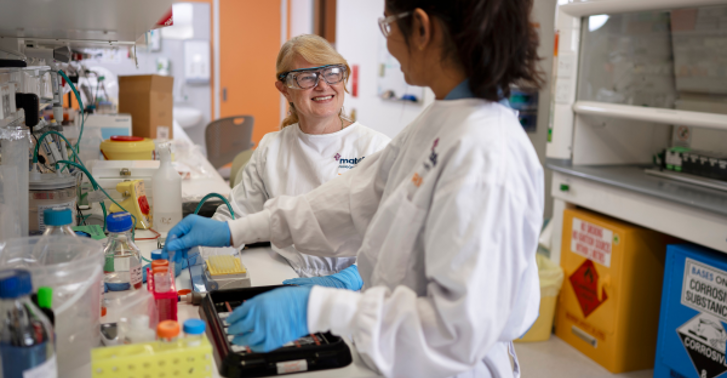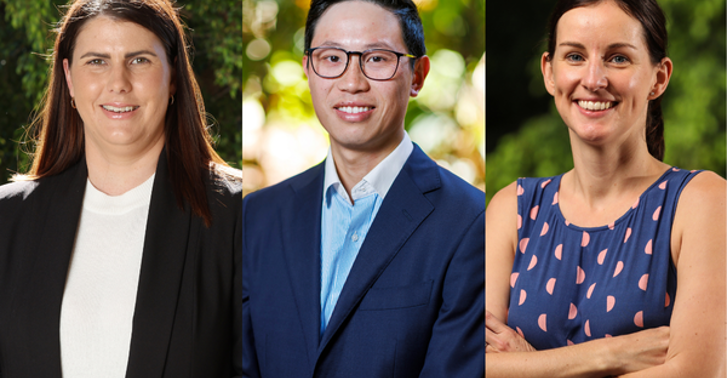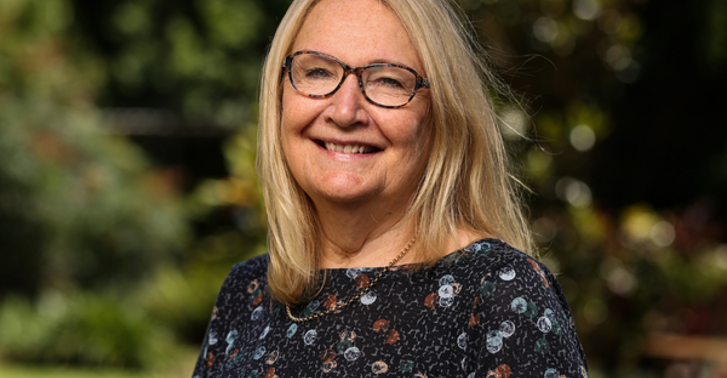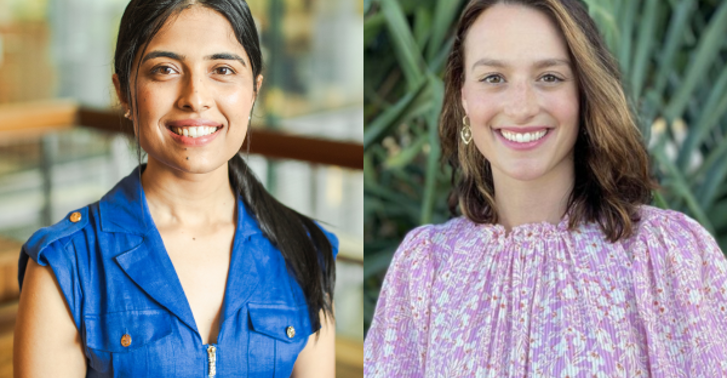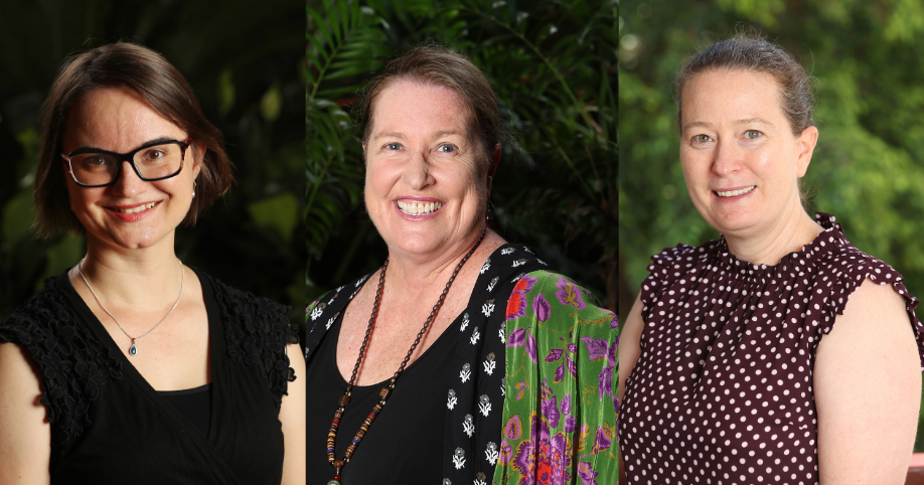
Mater Research has been awarded $4.8 million in Medical Research Future Fund (MRFF) grants to advance three groundbreaking projects aimed at improving pregnancy outcomes and fertility care.
Each project is informed by lived experience, ensuring the research is shaped by the people it seeks to serve.
Mater Research Executive Director Professor Allison Pettit congratulated the recipients and acknowledged the significance of their work.
“These projects are driven by compassion, innovation and the voices of those most affected,” she said.
“I’m incredibly proud of our researchers for their commitment to co-designing solutions with families and consumers. Their work will help save lives, improve care and offer hope to many.”
Funded:
Dr Christine Andrews received $2.99 million to reduce stillbirth rates by improving help-seeking during pregnancy.
Dr Andrews, a Mater Career Track Fellow with the Centre of Research Excellence in Stillbirth (Stillbirth CRE), said the initiative will co-design culturally safe, responsive resources for parents and healthcare professionals.
The project, Safer Baby SEEK (Strengths-based Education, Empowerment, and Knowledge) project, is a national commitment to co-designing pregnancy care that reflects the needs of families, especially those who have been historically underserved, by supporting and empowering help-seeking when it matters most.
By integrating initiatives like Stronger Bubba Born, Growing a Healthy Baby, and the Safer Baby Bundle, SEEK aims to improve health literacy, reduce stigma, and foster culturally respectful, responsive care that leads to healthier pregnancies and better outcomes for all.
Dr Andrews said the research team will work closely with bereaved parents and healthcare professionals to ensure a shared understanding of culturally safe and responsive pregnancy care.
“Parents need timely, evidence-based, appropriate, and equal access to help when they are concerned during pregnancy,” Dr Andrews said.
“We hope that by getting rid of barriers and empowering parents to seek help, we can foster healthier pregnancies and reduce the rate of stillbirth.
“We want every parent to feel supported, heard and empowered to seek help during pregnancy.
“This funding allows us to break down barriers and deliver education that saves lives.”
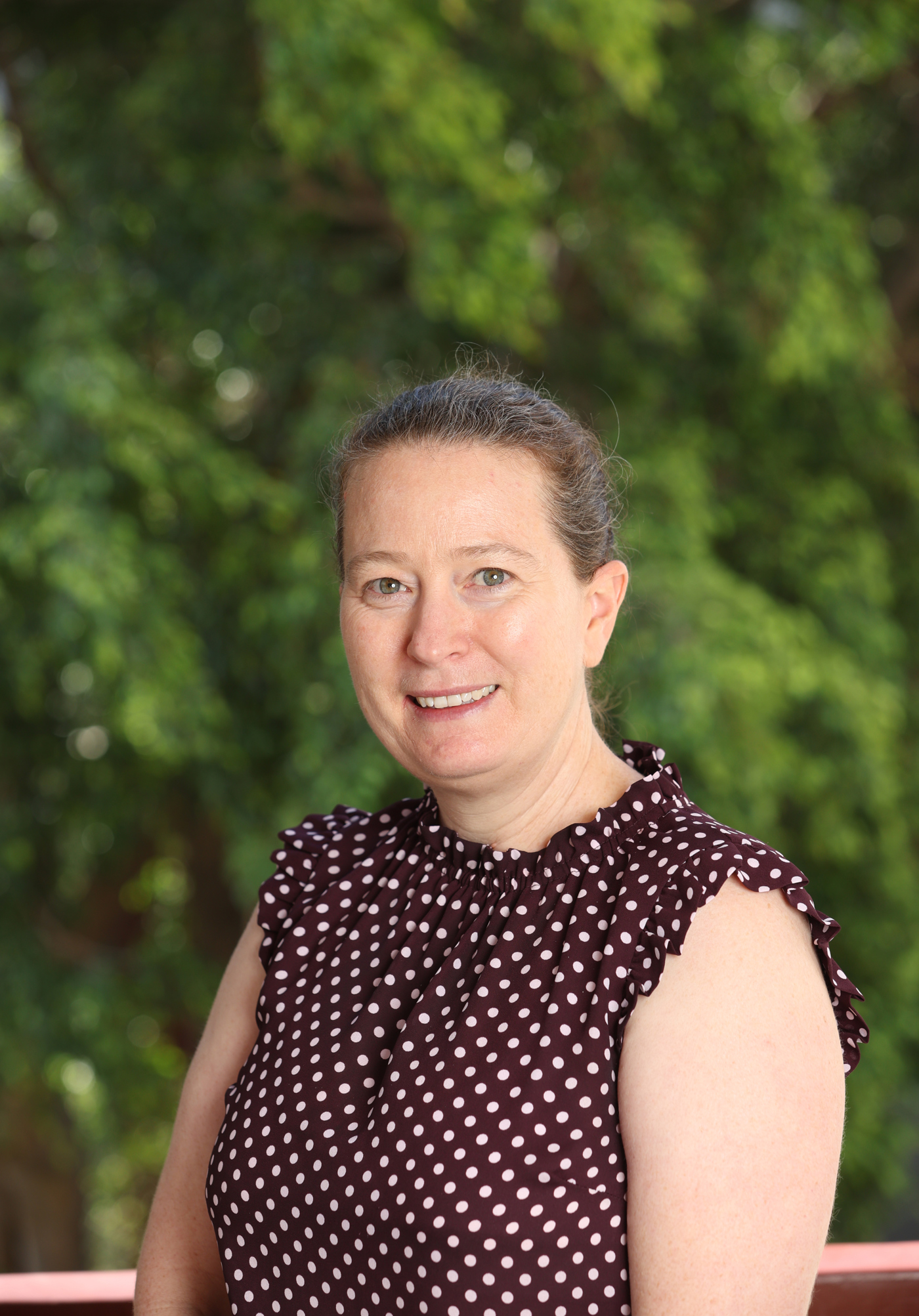
Dr Christine Andrews
Developmental Molecular Genetics Group Leader Dr Sandra Richardson received $785,000 to explore how mobile DNA may cause female infertility and early miscarriage.
Up to 17 per cent of women experience unexplained infertility, and Dr Richardson’s research aims to lay the groundwork for future clinical innovations by uncovering biological causes of the issue.
Dr Richardson, along with the reproductive biologist Dr Stephanie Workman and bioinformatician A/Prof Adam Ewing, hopes to give women answers and enhance reproductive outcomes across Australia.
“Mobile DNA, or ‘jumping genes’, are like selfish genetic parasites that can move around in our genomes and cause harmful changes to our DNA sequence,” Dr Richardson said.
“Our cells have defence mechanisms to control jumping gene activity, but in certain situations such as aging, these defences can break down.
“It’s well understood how jumping genes negatively impact male fertility, but we know very little about how uncontrolled jumping genes impact egg cell health and female fertility.
“Understanding the role of jumping genes could lead to breakthroughs in identifying at-risk individuals, developing preventative approaches, and improving reproductive outcomes.”
This research project, supported by the Mater Research Health Consumer Network, integrates consumer perspectives at every stage.
Dr Richardson collaborated with health consumers whose personal and professional experiences with infertility and miscarriage brought invaluable insight to shape the direction of her research.
“Working together means that my research remains aligned with the needs of those most affected,” she said.
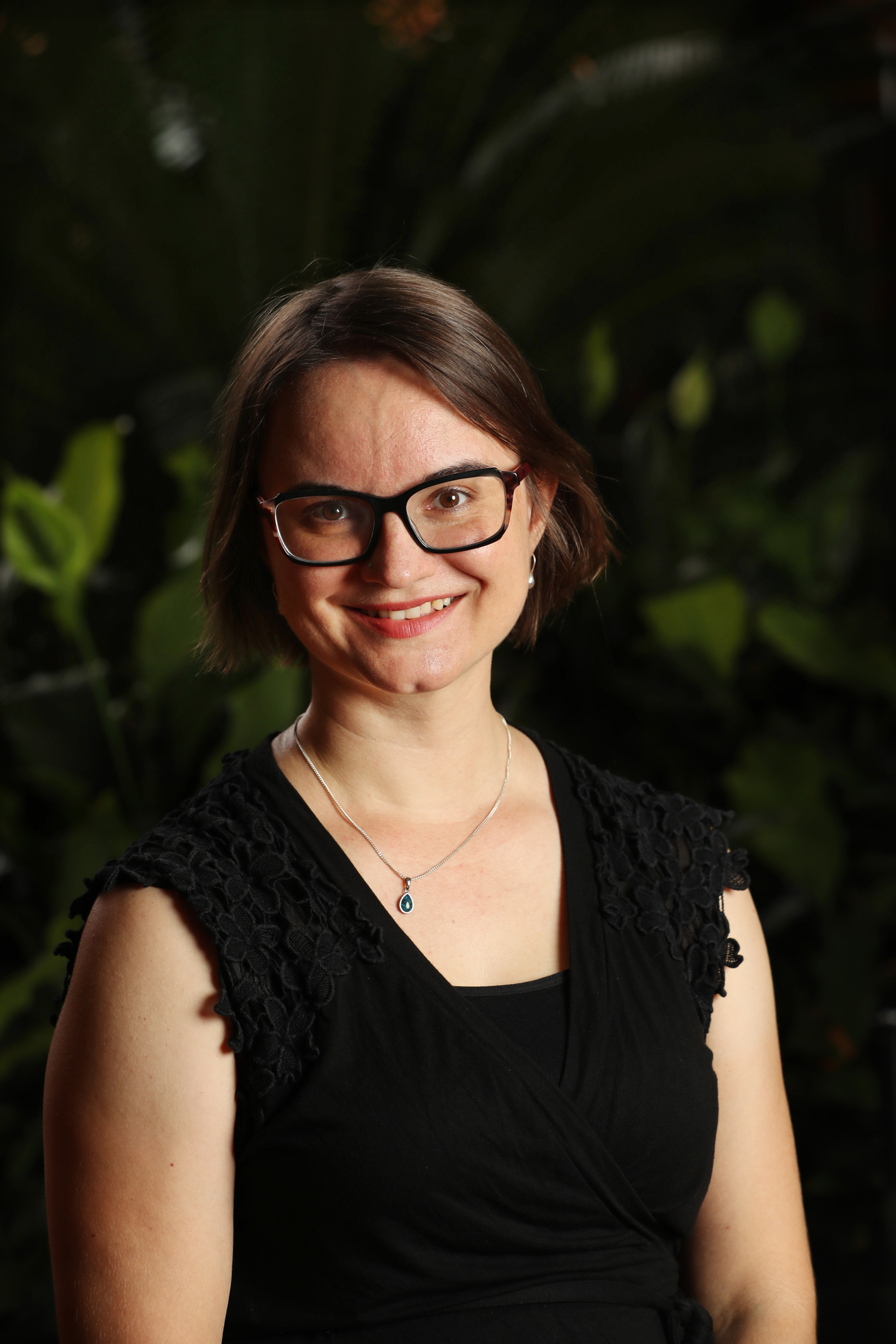
Dr Sandra Richardson
Pregnancy and Development Group Leader Professor Vicki Clifton received $997,000 to investigate the mechanisms contributing to placental insufficiency and adverse neonatal outcomes.
The funding will support the establishment of an international collaboration, bringing together leading experts in placental biology, genomics, and bioinformatics.
The grant will also enable Prof Clifton to expand her research team with the recruitment of two postdoctoral early-career researchers and two PhD students.
Prof Clifton said the study aims to deepen understanding of how the placenta contributes to ‘near miss’ adverse events at birth, even in pregnancies that appear healthy.
“We hope to uncover why stillbirth can occur in babies who have followed a normal growth trajectory during pregnancy,” she said.
“By analysing the data generated through this research, we aim to identify late gestation biomarkers that may signal a pregnancy is at risk of adverse birth outcomes.”
This research has the potential to significantly improve prenatal care and outcomes for mothers and babies worldwide.
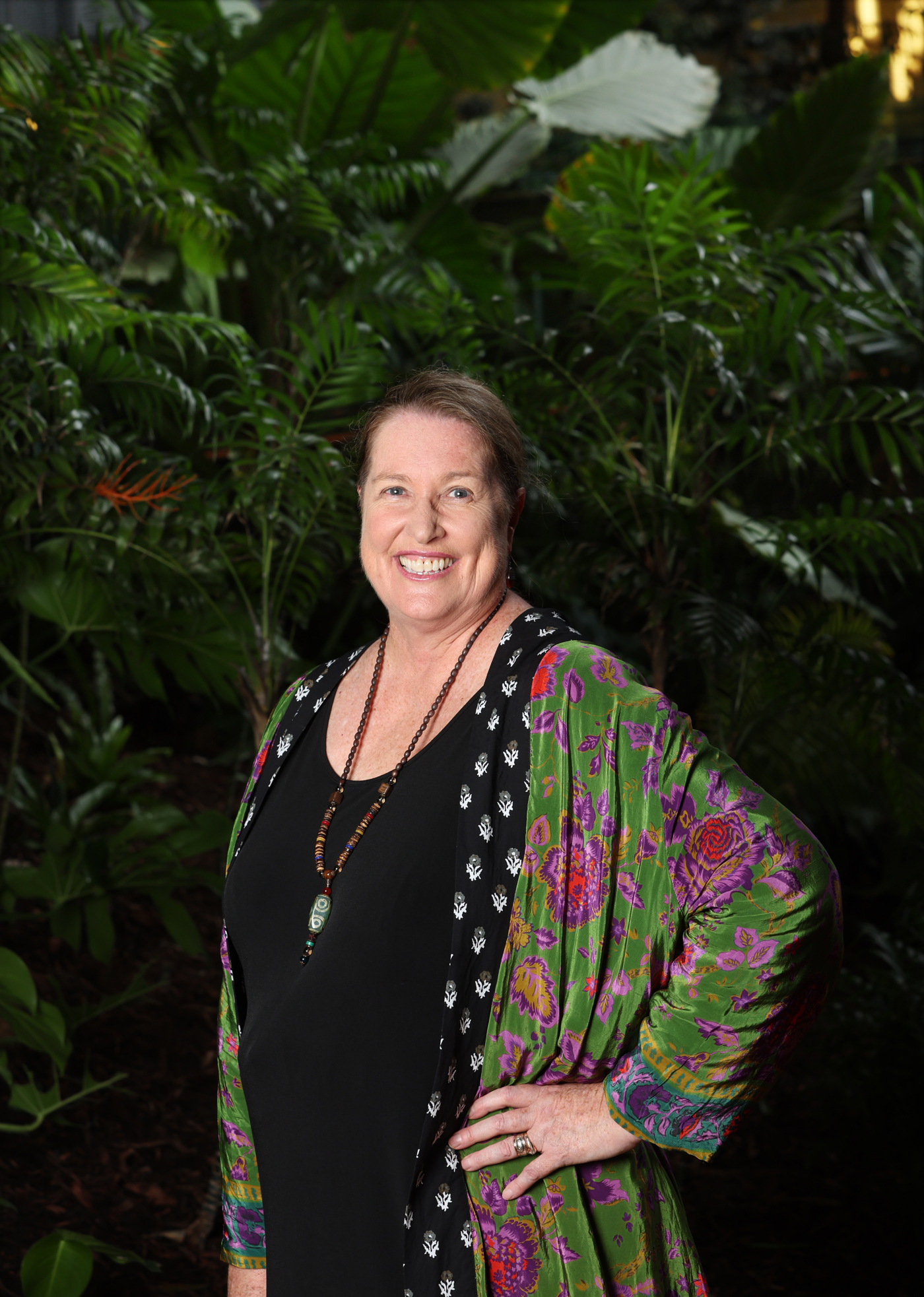
Professor Vicki Clifton
